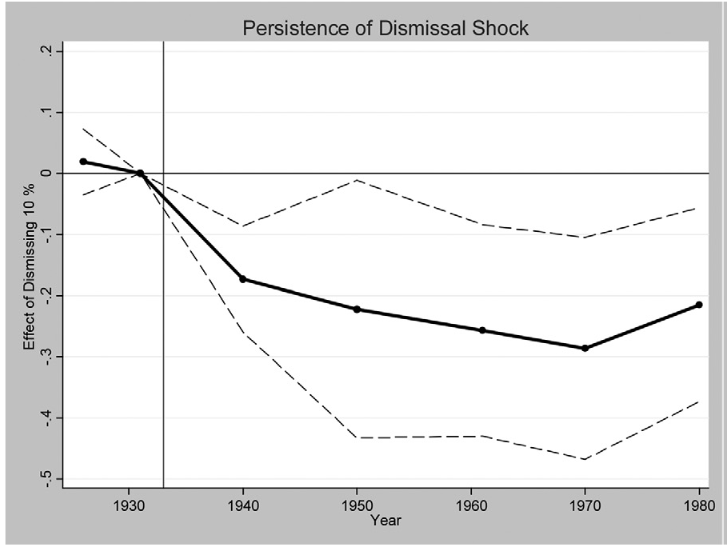
Senior Program Officer for the Abundance and Growth Fund @open_phil. Creator of https://t.co/dYDulHqlOs. See https://t.co/6EvVGkycU7 for more.
How to get URL link on X (Twitter) App


https://twitter.com/rootsofprogress/status/1922404789691854856
 #2 - US corn yields since 1866 have a giant trend break in the early 20th century
#2 - US corn yields since 1866 have a giant trend break in the early 20th century 

https://x.com/mattsclancy/status/1768030659585409391


https://x.com/robertwiblin/status/1794739244810055827The argument is we should be open to 10x faster growth in the future because it’s happened before. UK GDP per capita growth accelerated from an average of 0.07%/yr over 1252-1652, to 1.13%/yr over 1800-2000 (all data from Angus Maddison in this thread). That’s a 17x speedup!



https://twitter.com/BrianCAlbrecht/status/1602715987572408321@coreeconteam has a fantastic free introductory textbook to economics: core-econ.org/the-economy/en/




 Easy answer: because if they don’t, they go to jail!
Easy answer: because if they don’t, they go to jail!https://twitter.com/michael_nielsen/status/1494674891399843842?s=20&t=NMeqqkcJpmXa42lvRviXvgAssume we have a general aggregate production function linking GDP (measured in real output) at time t (denoted Y(t)) to capital and labor at time t via a function f(.) and TFP at time t (denoted A(t)):

 The basic idea is you create course pages with short flashcard-type questions mixed throughout your content. What's really cool is students create personal accounts and the questions they answer get added to a review stack that uses a spaced repetition algorithm.
The basic idea is you create course pages with short flashcard-type questions mixed throughout your content. What's really cool is students create personal accounts and the questions they answer get added to a review stack that uses a spaced repetition algorithm.
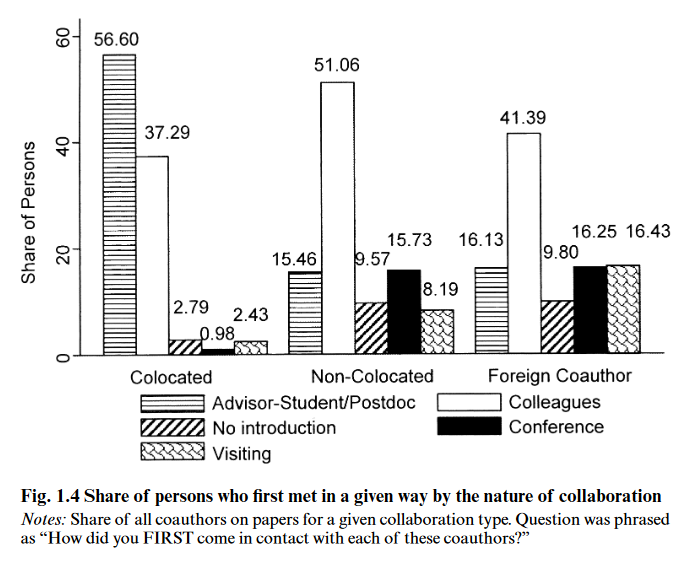


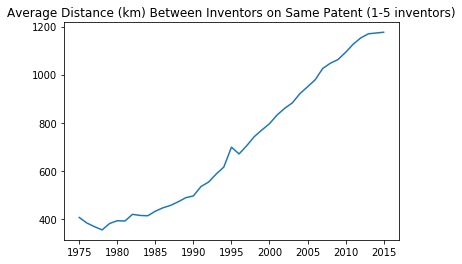
 Of course, the number of inventors on a patent has also risen. But we see the same thing if we restrict attention to patents with just two inventors. More of these 2-inventor patents belong to distant collaborators.
Of course, the number of inventors on a patent has also risen. But we see the same thing if we restrict attention to patents with just two inventors. More of these 2-inventor patents belong to distant collaborators. 

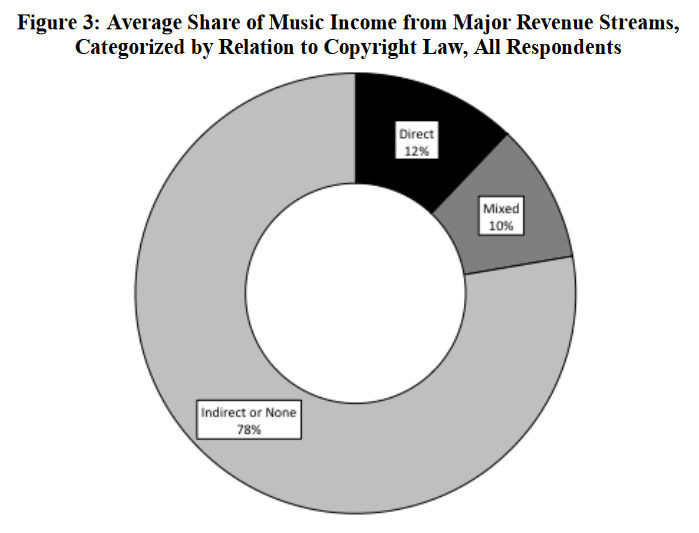

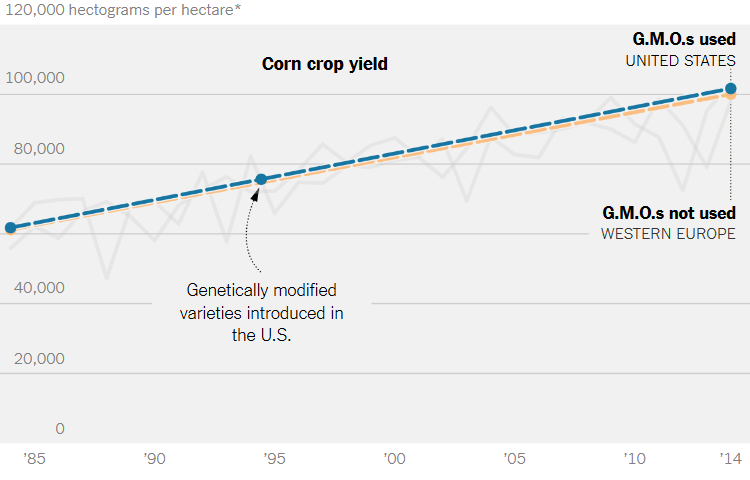
 (Disclaimer: this thread isn't going to touch the controversy about the impact of GE crops on health or the environment. It's an important issue but I don't have anything interesting to say about it.)
(Disclaimer: this thread isn't going to touch the controversy about the impact of GE crops on health or the environment. It's an important issue but I don't have anything interesting to say about it.)

